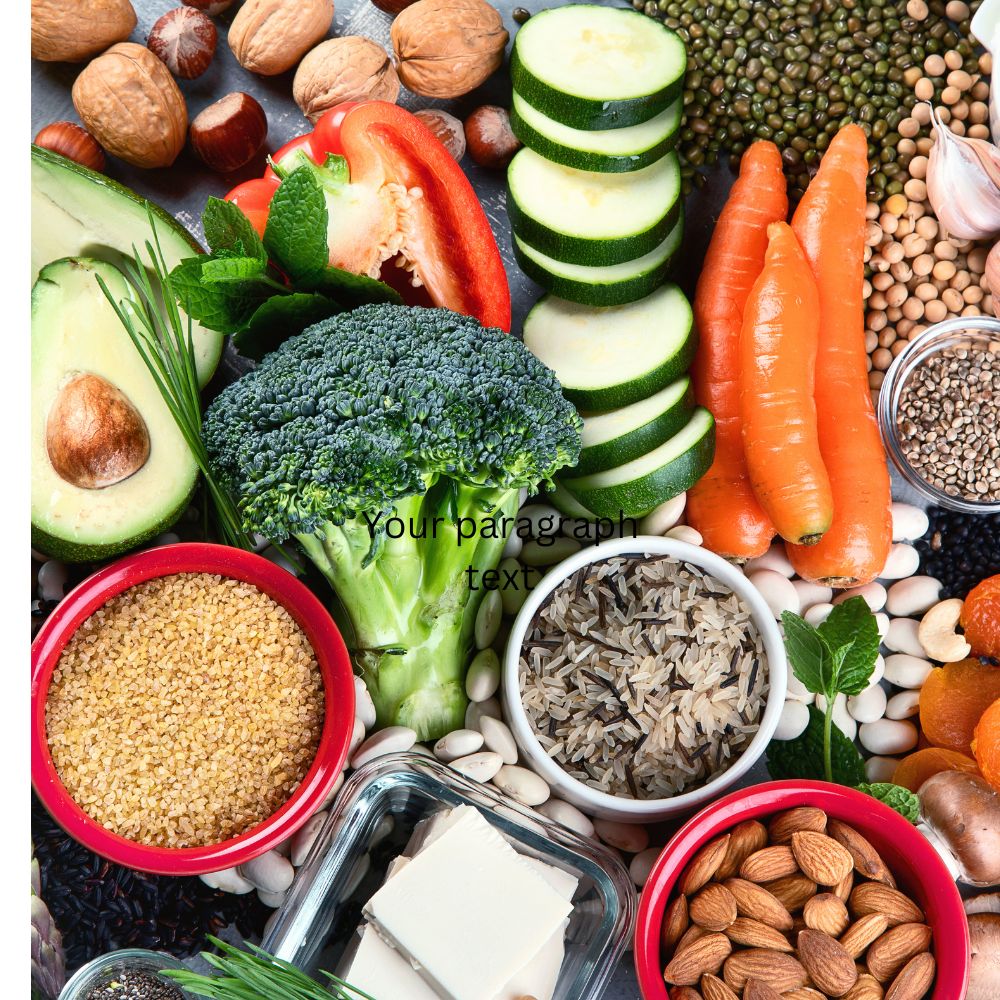Introduction
In my journey towards a healthier and more environmentally conscious lifestyle, I’ve discovered the incredible benefits of plant-based diets. It’s a path that has not only transformed my physical health but also deepened my understanding of sustainability and compassion. In this article, I’ll share my experiences and insights into why and how adopting a plant-based diet could be one of the most profound choices you make for your health and the planet.
The Awakening: My Path to Plant-Based Eating
My story began a few years ago, amidst the hustle and bustle of daily life. Like many, I was caught in a cycle of convenience eating—fast food, processed meals, and little to no attention to the nutritional value of what I consumed. It wasn’t until a routine doctor’s visit revealed high cholesterol and the looming threat of chronic diseases that I took a hard look at my dietary choices.
The more I researched, the more I was drawn to the concept of a plant-based diet. The evidence was compelling: lower risks of heart disease, hypertension, type 2 diabetes, and certain cancers. But it was the personal testimonies, the stories of transformation and rejuvenation, that truly inspired me to take the leap.

Understanding Plant-Based Diets
A plant-based diet focuses on foods derived from plants, including vegetables, grains, nuts, seeds, legumes, and fruits, with minimal or no animal products. It’s not just about avoiding meat; it’s about embracing a diet that celebrates and prioritizes plant-based foods.
The Health Benefits: A Personal Account
Switching to a plant-based diet had an almost immediate effect on my health. Within months, my cholesterol levels dropped, and I had more energy than I had felt in years. I was sleeping better, my skin cleared up, and that constant feeling of lethargy was gone.
But it wasn’t just the physical changes that were remarkable. Mentally, I felt sharper, more focused, and incredibly, my mood improved. The fog of afternoon slumps and caffeine dependency lifted, replaced by a consistent energy level throughout the day.
Overcoming Challenges
Transitioning to a plant-based diet wasn’t without its hurdles. Social dining, cultural traditions, and the sheer habit of meat consumption were obstacles I had to navigate. Yet, with each challenge, I found solutions and alternatives that aligned with my new lifestyle.
Tips for Starting a Plant-Based Diet
- Start Slowly: Transition gradually by incorporating more plant-based meals into your diet. Meatless Mondays can be a great way to start.
- Educate Yourself: Understanding the nutritional aspects of plant-based foods helps in creating balanced meals.
- Explore and Experiment: The variety of plant-based foods is vast. Experimenting with new recipes kept my meals exciting and flavorful.
- Plan Your Meals: Meal planning is crucial, especially in the early stages, to ensure you’re meeting your nutritional needs.
- Seek Support: Joining plant-based communities, either online or locally, can provide invaluable support and advice.
A Day in My Plant-Based Life
To give you an idea of how fulfilling a plant-based diet can be, here’s a glimpse into a typical day’s meals:
- Breakfast: A smoothie bowl packed with spinach, banana, mixed berries, flaxseeds, and almond milk, topped with a sprinkle of granola.
- Lunch: A quinoa salad with black beans, avocado, cherry tomatoes, corn, and a lime-cilantro dressing.
- Dinner: Stir-fried tofu with broccoli, bell peppers, and carrots in a ginger-soy sauce, served over brown rice.
Snacks include fresh fruits, nuts, or hummus with vegetable sticks. Not only are these meals delicious, but they also leave me feeling energized and satisfied.
The Broader Perspective
Adopting a plant-based diet has been a journey of discovery, not just about food, but about making choices that align with my values of health, compassion, and sustainability. It’s taught me that we have the power to effect change, starting with what we put on our plates.
Conclusion
The path to a plant-based diet is both a personal and collective journey towards better health and a more sustainable world. It’s about making informed choices, understanding the impact of our dietary habits, and embracing the abundance of plant-based foods.

